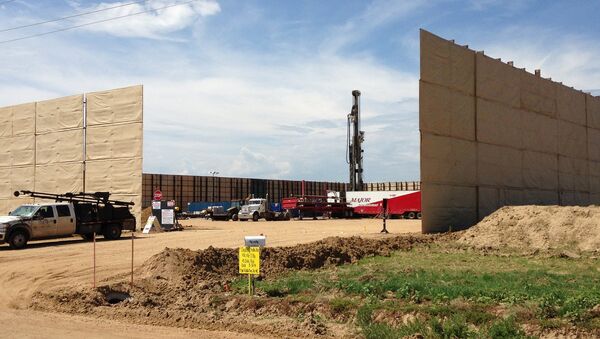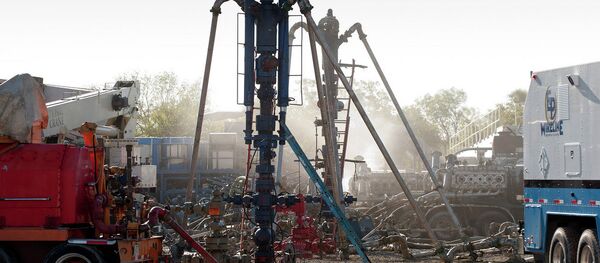Of the estimated 141 billion barrels, 135 billion would require fracking technologies, according to the study. Two-thirds of the potential oil volumes are concentrated in the Middle East and Latin America, while the rest is distributed relatively evenly across the world.
"…We were quite surprised at the impressive potential for increased recovery using these unconventional techniques," Susan Farrell, vice-president of IHS energy research and one of the authors in the study, said in a press release.
Hydraulic fracturing, or fracking, is a technique that uses high-pressure injections of water, sand and toxic chemicals to extract oil and natural gas from underground shale formations. It has been a point of contention for energy companies and ecologists due to related air, ground and water pollution.



